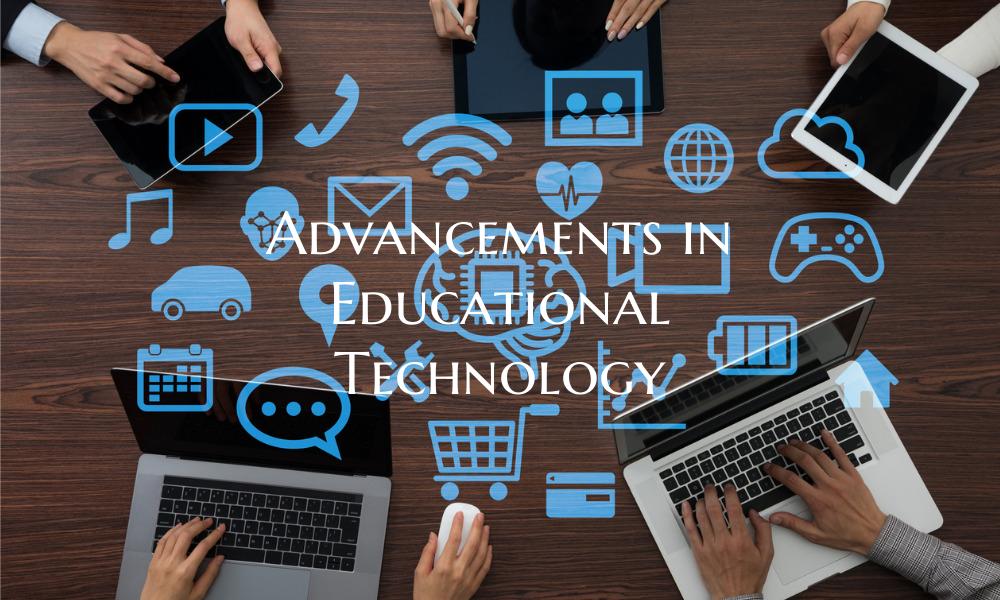Advancements in Educational Technology
Advancements in Educational Technology: How Technology is Transforming the Way We Learn
In recent years, educational technology has experienced a revolution that is reshaping the traditional ways of teaching and learning. With the integration of digital tools, software applications, and other technological innovations, educators are now able to create more engaging and interactive learning experiences for students of all ages.
One of the most significant advancements in educational technology is the rise of online learning platforms and virtual classrooms. These platforms provide students with the flexibility to learn at their own pace and in a more personalized way. Through video lectures, interactive quizzes, and discussion forums, students can engage with the material in a way that suits their individual learning styles.
Another key development in educational technology is the use of artificial intelligence (AI) to personalize learning experiences. AI-powered software can analyze individual student data to identify areas of strength and weakness, allowing teachers to tailor their instruction to meet the needs of each student. This level of personalization can help students achieve better academic outcomes and improve their overall learning experience.
Furthermore, educational technology has also transformed the way educators assess student learning. Traditional exams and quizzes are being replaced with online assessments that provide instant feedback to both students and teachers. This immediate feedback allows students to track their progress in real-time and make adjustments to their learning strategies as needed.
Additionally, virtual reality (VR) and augmented reality (AR) are being increasingly integrated into educational settings to create immersive learning experiences. These technologies allow students to explore virtual worlds, conduct scientific experiments, and participate in interactive simulations that would not be possible in a traditional classroom setting. By providing students with hands-on learning opportunities, VR and AR can enhance their understanding of complex concepts and improve retention of information.
Overall, the advancements in educational technology are revolutionizing the way we learn and teach. By harnessing the power of digital tools, AI, VR, and other technologies, educators can create more engaging, personalized, and effective learning experiences for students, preparing them for success in an increasingly digital world.

